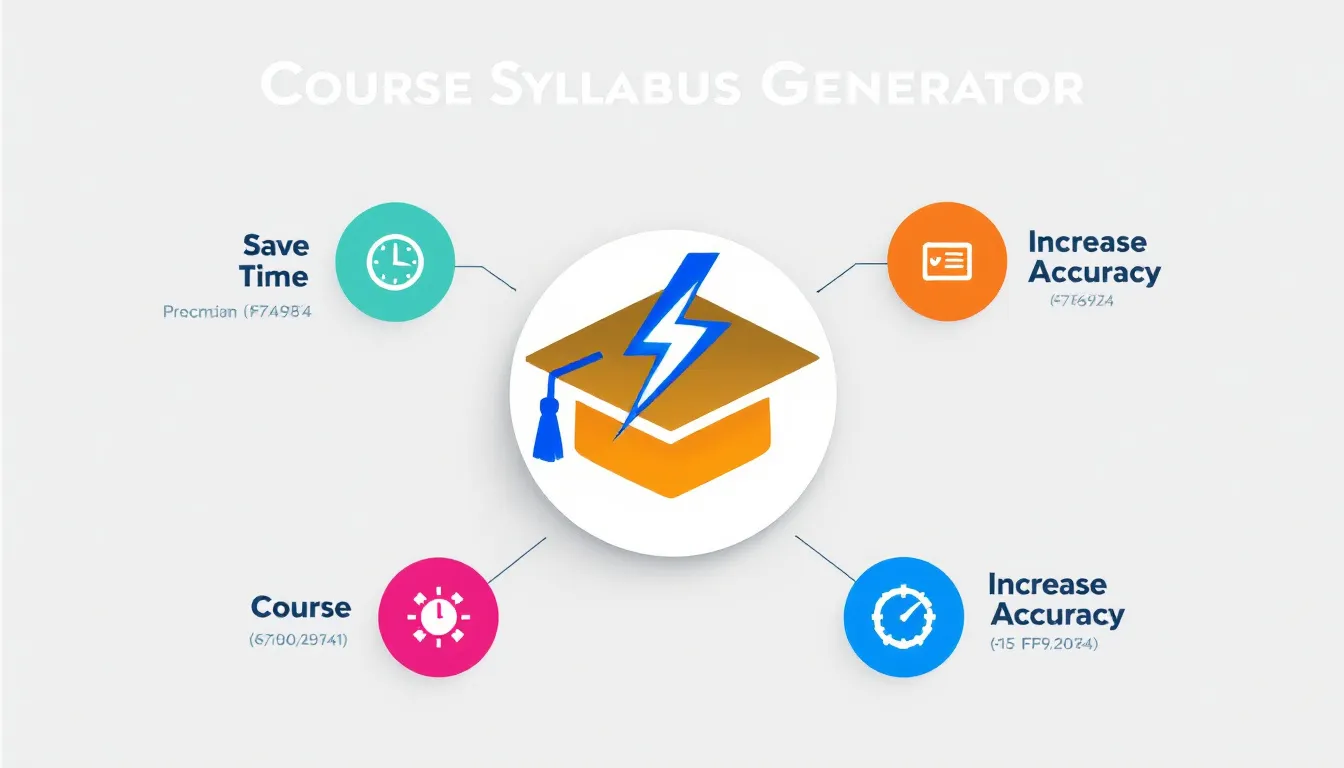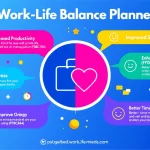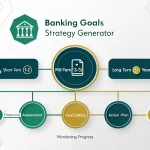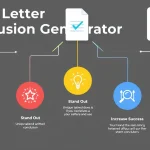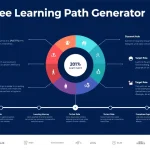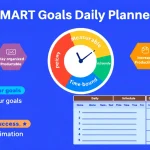Is this tool helpful?
How to Use the Course Syllabus Generator Effectively
This interactive tool helps you quickly create a detailed and organized course syllabus tailored to your needs. Follow these steps to get the most out of it:
- Enter the Course Topic: Provide the main subject of your course. For example, you could use “Digital Marketing Strategies” or “Fundamentals of Renewable Energy”.
- Select the Course Level: Choose the difficulty level that best matches your target students. Options include “Beginner,” “Intermediate,” or “Advanced,” but you might also consider terms like “Professional Certification” or “Undergraduate Introductory”.
- Specify the Course Duration: Indicate how long your course will run. Common inputs might be “6 weeks” or “One semester”.
- Define the Target Audience (Optional): Describe the main group you expect to take the course. For example, “Small Business Owners” or “Healthcare Professionals”.
- Outline Learning Objectives (Optional): List key goals your students should achieve, such as “Master basic coding in JavaScript” or “Develop skills in financial analysis”.
- Generate the Syllabus: Click the “Generate Course Syllabus” button to create a customized and easy-to-follow syllabus.
Once generated, review the syllabus and copy it as needed. You can further edit the content to match your specific teaching style or institutional requirements.
Introduction to the Course Syllabus Generator
The Course Syllabus Generator is an online tool designed to help educators, trainers, and course creators build clear, thorough, and well-structured course syllabi efficiently. It simplifies syllabus development by guiding you through key components, ensuring each section is complete and coherent.
Purpose and Benefits
This tool saves you time and effort in syllabus creation. It standardizes your syllabus format, helping you maintain consistency across courses and sections. By following educational best practices and curriculum design principles, the generator ensures your syllabus aligns course content with learning objectives, providing clarity for both you and your students.
- Quickly produce a professional syllabus without starting from scratch
- Save hours on course planning and syllabus formatting
- Ensure all necessary syllabus components are covered
- Customize syllabi for different course levels and durations
- Align course outcomes with student expectations and needs
- Provide students with a clear roadmap for their learning journey
Whether you teach academic courses, professional development sessions, or corporate training, this tool offers a practical way to craft effective syllabi that support successful learning experiences.
Practical Applications and Use Cases
Academic Course Development
Many educators use the Course Syllabus Generator to streamline academic course planning:
- New Course Design: Create syllabi for new classes like “Cybersecurity Fundamentals” or “Urban Planning and Design.”
- Course Updates: Revise existing syllabi, such as updating “Contemporary Literature” to reflect current themes and texts.
- Interdisciplinary Courses: Balance content for courses like “Environmental Policy and Economics,” ensuring proper coverage across fields.
Professional Development and Corporate Training
In professional settings, the tool supports efficient training program development:
- Employee Training: Structure onboarding or skills training, for example, “Customer Service Excellence” or “Project Management Basics.”
- Leadership Programs: Develop courses focused on leadership skills, communication strategies, and team building.
- Continuous Learning: Craft syllabi for recurring workshops or certification courses to maintain consistency.
Addressing Common Challenges
- Time Constraints: Quickly generate quality syllabi, freeing up time for content creation and student engagement.
- Lack of Syllabus Experience: Guidance through essential syllabus components helps new instructors build complete course outlines.
- Content and Objective Alignment: Ensures course topics directly support stated learning outcomes, creating a balanced curriculum.
- Consistency Across Sections: Standardizes syllabus formats when multiple instructors teach the same course.
Example Course Planning
Consider a 10-week course on “Sustainable Agriculture.” The generator helps you allocate weeks to specific objectives evenly, such as:
- Weeks 1-3: Soil health and crop rotation fundamentals
- Weeks 4-6: Water conservation techniques
- Weeks 7-8: Sustainable pest management
- Weeks 9-10: Economic and social aspects of sustainable farming
This structured approach helps ensure comprehensive topic coverage aligned with learning goals, presented in an organized manner your students can follow easily.
Important Disclaimer
The calculations, results, and content provided by our tools are not guaranteed to be accurate, complete, or reliable. Users are responsible for verifying and interpreting the results. Our content and tools may contain errors, biases, or inconsistencies. Do not enter personal data, sensitive information, or personally identifiable information in our web forms or tools. Such data entry violates our terms of service and may result in unauthorized disclosure to third parties. We reserve the right to save inputs and outputs from our tools for the purposes of error debugging, bias identification, and performance improvement. External companies providing AI models used in our tools may also save and process data in accordance with their own policies. By using our tools, you consent to this data collection and processing. We reserve the right to limit the usage of our tools based on current usability factors.
